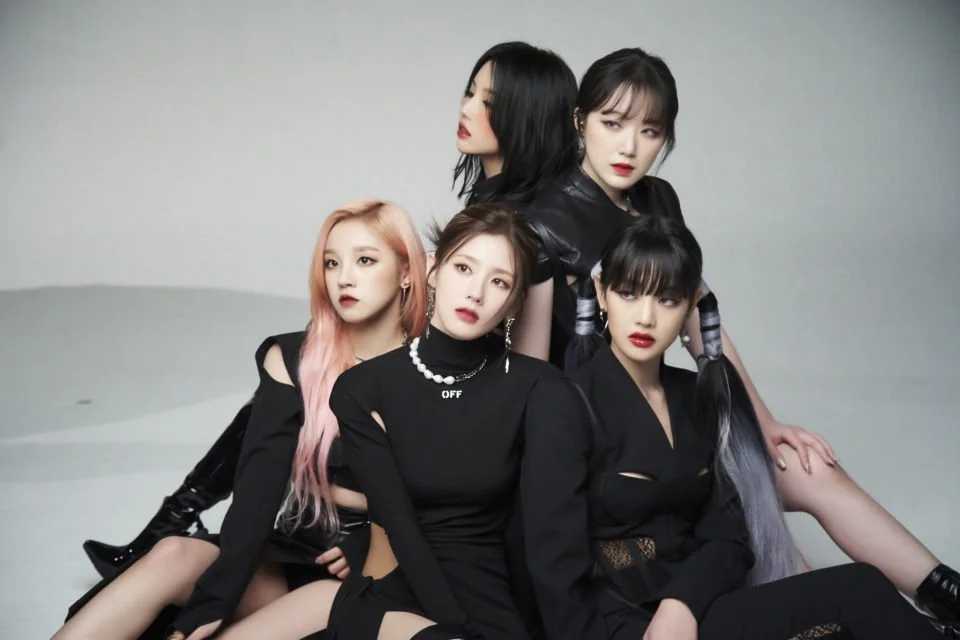
Role of Japanese and Korean Media and Communications in Globalization
There stands a famous association between brands, such as Coca Cola and Nike, that originated in the United States and their international advertising. These American household names traveled across seas to blend in and transport western culture to developing corners of the world.(1) Japan followed suit; successfully expanded corporations such as Japan’s Sony and Canon sponsored FIFA World Cup and other international events through “blending in with the culture of the hosted countries.”(1) Not only are East Asian media companies dispersing their unique media culture and innovation abroad, but they are also creating new norms for inter-Asian cultural ties. The volume of American or western media influence on East Asian countries is waning with the rise of a more local force of “cultural homogeneity” from the “media imperialism” of Japan followed by Korea.(1)
In order to prevent conforming to the conventional or previously popular entertainment styles, Japan established its own television drama series or J-dramas, manga comics and anime cartoons that presented traditional clothing, cuisine, music and actors in a cultural media package to global audiences.(1) The availability of digital distribution formats and merchandising pushed Japanese figures such as Nintendo’s Mario and Sega’s Sonic to the forefront of the international film, animation and gaming industries.

HALLYU
Japan has established its own international standard of representing its culture, and Korea has equally refused to surrender to Americanization by adhering firmly to its own political and economic systems. The rise of “Hallyu,” a Chinese term translating into “Korean Wave,” indicates that the popular culture of this growing nation mirrors Japan’s “postcolonial desire for ‘Asia’.” (1) J-dramas and J-pop gave way to K-dramas and K-pop that instilled a “positive perception” of Korea within the Asian youth. (1) According to a young reporter from Korea New Network (KNN), Korean popular entertainment fulfills a sense of national pride within himself. From firsthand experience, I witnessed enthralled photographers and fans who piled into the Korean Broadcasting System (KBS) entrance and awaited one of today’s most idolized K-pop groups (G)I-DLE. Just as this powerful girl-group entered the broadcasting studio to perform on a radio show, other Korean musicians market themselves by appealing to a younger generation that appreciates the “dynamic rhythms, energetic dances, and rebellious lyrics” that are present in K-pop. (1)
Emotional Connections and Satisfaction Through K-culture
One Malaysian study gives voice to local students who “admire the authenticity” of K-pop artists because they are Asian and they are considerably more relatable compared to Hollywood artists. (1) K-pop celebrities keep fans engaged through “small similarities such as the way they eat, what they eat, and what they like and dislike.” (1) This form of artist authenticity leads fans and eventually entire fandoms to create para-social interactions with these intentional influencers and thus have a feeling of being friends with entertainment personalities. To further this idea of inspiration and meaningful relationships through K-pop, K-dramas, as opposed to Western dramas, meet Asian audiences’ “emotional needs” due to the “common lifestyle, cultural proximity, and expressiveness.” (1) K-dramas attract viewers specifically in neighboring countries through relating to the cultural interests of societal issues, relationship story arcs, catchy soundtracks and aesthetic visual storytelling. One of the most popular Korean Netflix shows from 2021, Squid Game, ignited a nuanced virality through challenges from the series. In the Korean Dalgona Candy Challenge, players on the show must carve a shape into a delicate honeycomb candy to avoid the intense penalty of death. Inspired fans took to social media to reenact the meticulous challenge in their own kitchens, which demonstrates the current, multi-platform and interactive media scene influenced by Korean entertainment.



